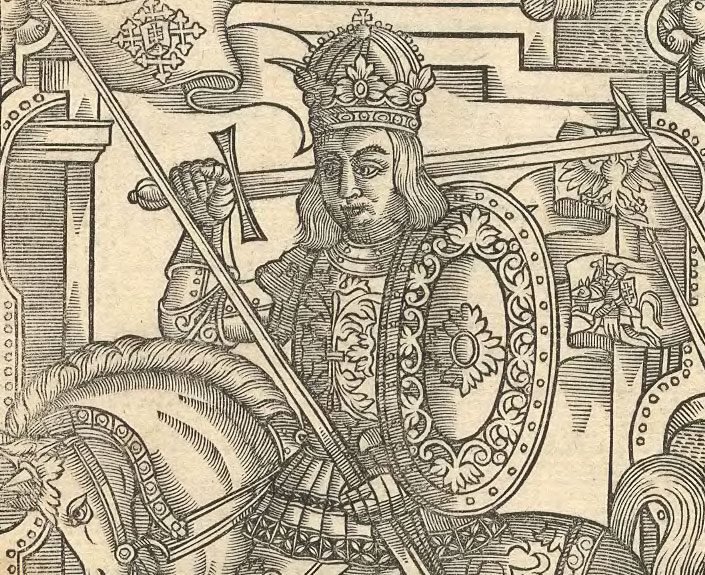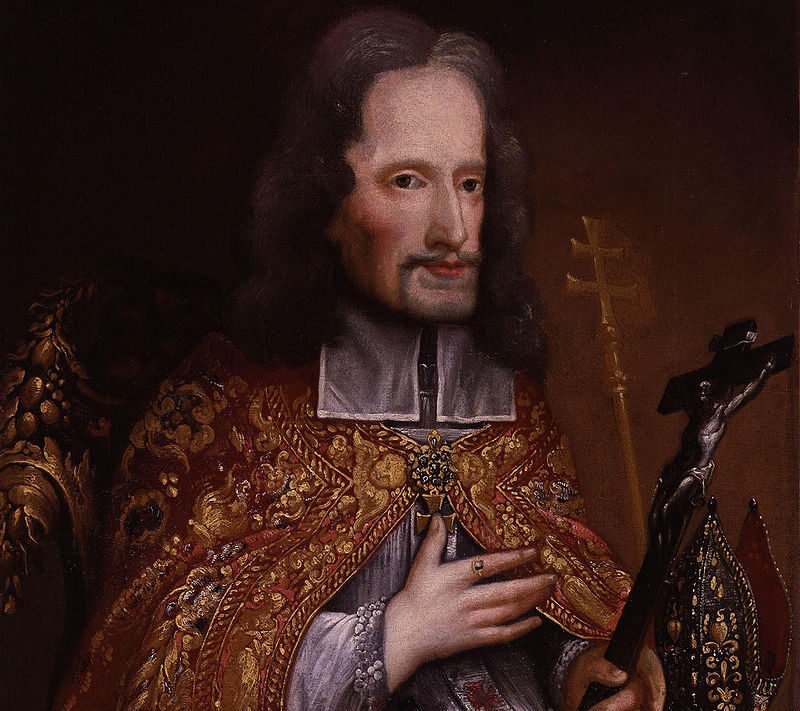In our context, Europe designates the peoples of Roman culture (Rome is treated separately), Celtic, Germanic, Scandinavian, Icelandic and Breton. Slavic peoples have their own section.

Contenus
ToggleFestivals in Europe
Holidays of the month
July 2, 2024 (1 event)
July 2, 2024

Today, Italians celebrate the Palio di Siena (Siena competition). The first race, Palio di Provenzano, held on July 2, corresponds to the old date of the Visitation and to a local feast in honor of the Madonna di Provenzano. #mythology #myth #legend #calendar #2July #August 16 #his #paliodisiena
July 3, 2024 (1 event)
–
July 3, 2024
On this day, various ancient and medieval peoples celebrated the Days of the Dog, the hottest and driest summer days in the northern hemisphere. In reference to the arrival of Sirius in the sky. Ancient Greece linked the star to heat, drought, storms, lethargy, fever and rabid dogs. In Egypt, this was connected to the floods of the Nile and the goddess Sopdet. #mythology #myth #legend #calendar #3July #DogDays
July 5, 2024 (1 event)
July 5, 2024 – July 6, 2024

Today the Manx (Isle of Man) celebrate Tynwald Day. Since 1417, the course of the summer solstice takes place at the Saint Jean church. The Tynwald (legislative representatives and chambers of keys) enact crown bills and swear in senior officials. #mythology #myth #legend #calendar #5July #ynwald
July 6, 2024 (2 events)
July 5, 2024 – July 6, 2024

Today the Manx (Isle of Man) celebrate Tynwald Day. Since 1417, the course of the summer solstice takes place at the Saint Jean church. The Tynwald (legislative representatives and chambers of keys) enact crown bills and swear in senior officials. #mythology #myth #legend #calendar #5July #ynwald
–
July 6, 2024
Today, Lithuanians commemorate the coronation of Mindaugas. First Grand Duke in 1236 and only crowned king of Lithuania in 1253, he converted to Christianity to avoid a new crusade by the Teutonic order. He was assassinated because of this decision, the country then plunged into chaos for half a century, between paganism, the German Church and Byzantine Orthodoxy. #mythology #myth #legend #calendar #6July #Lithuania #Mindaugas
July 7, 2024 (1 event)
–
July 7, 2024
Today, the Spanish begin the San Fermín celebrations in Pamplona, in honor of the judge of the foral community, Firmin of Amiens in the 3rd century CE. These multicolored festivals literally transform the face of the Navarrese capital, which becomes the scene of a popular spectacle mixing the profane with the sacred. On this occasion, the inhabitants wear white outfits, enhanced with a scarf and a red belt. These festivals are a mixture of religious traditions, commercial festivals and bull races dating back to the 14th century. #mythology #myth #legend #calendar #7July #Pamplona #SanFermin #Spain #Navarre
July 9, 2024 (1 event)
–
July 9, 2024
Today, the Asatrus celebrate Aude the Very Wise. An “unlucky” Viking queen in the 9th century, she founded a Scandinavian establishment in Iceland. It is cited in numerous Viking and Icelandic sagas such as the Landnámabók of Sturla Þórðarson; The Laxdæla saga, which calls it Unn, the Njáls saga, the Eyrbyggja saga, the Eiríks rauða saga and the Grettis saga. #mythology #myth #legend #calendar #9July #Unn #Aude #Scandinavia #Iceland
July 12, 2024 (2 events)
–
July 12, 2024
Today, Irish Catholics celebrate Saint Olivier Plunket. He was born in Ireland on November 1, 1629. While studying theology in Rome, he was unable to return to his country because of Cromwell's persecution. Back in Armagh, he was accused of collaborating with the enemy of the English crown. He will be tortured, hanged, gutted and dismembered by English justice. King Charles II returned his remains to his loved ones for a decent burial. #mythology #myth #legend #calendar #July 12 #OlivierPlunket #Ireland
–
July 12, 2024
Today, the Northern Irish celebrate Twelfth. It celebrates the Glorious Revolution (1688) and the victory of Protestant King William of Orange over Catholic King James II at the Battle of the Boyne (1690), which ensured Protestant ascendancy in Ireland. #mythology #myth #legend #calendar #July 12 #Ireland #Twelfth
Cultural areas in Europe
The history of Europe is one of the best documented, studied and known parts of world history and refers to all the events linked to the European continent, from the time it was populated by the first peoples until until today. According to the German monograph Minderheitenrechte in Europa co-edited by Pan and Pfeil (2002), there are 87 distinct peoples, of which 33 constitute the majority of the population in at least one sovereign state, while the remaining 54 constitute minority ethnic groups.
In ancient times, Indo-European peoples practiced cults that had many things in common. The Germanic, Celtic, Slavic, Greek and Latin mythological systems had common features, such as the belief in a fundamental divine "triad", and the division of men into several categories of distinct social rank.
In Europe, ancient religions are subdivided into:
- faith in the Aesir and the Vanirs, which we today call Odinism, according to Germanic mythology;
- faith in Scandinavian deities, according to Scandinavian mythology;
- Druidism and its late Irish variant, the religion of the Filid, according to Celtic mythology;
- orphism, according to Thracian and Dacian mythology;
- faith in Scythian deities, according to the Scythian religion;
- faith in Slavic deities, according to Slavic mythology;
- faith in Greek deities, according to Greek mythology;
- faith in Roman deities, according to Roman mythology;
- in the Roman Empire, in addition to the gods of Olympus, mystery cults were also practiced and, in late antiquity, primitive Christianity.
One of the common points between religions prior to Christianity is polytheism, sometimes pantheistic, sometimes animist.
Proselytism was not widespread among European peoples, each religion being that of a group of populations equally linked by language, and which had its own deities.







